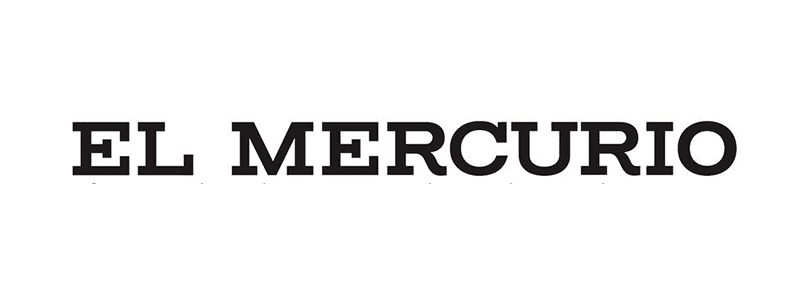We invite you to read the column written by our partner, Jorge Arredondo, on the Karin Law and the importance that the 76th day will have in the investigation process stipulated in the regulation.
At the beginning of August, the so-called “Karin Law” came into force, which establishes a clear legal framework for the prevention and punishment of harassment and violence in the workplace in Chile. The new regulation has two main focuses or guidelines: prevention and investigation. Prevention is based on the logic that the employer should deploy as many mitigation measures as possible and that he should inform his workers of the potential risks and dangers in these areas. On the other hand, the investigation focuses on how, after receiving the complaint, the employer adopts actions to investigate the occurrence or not of the facts and determine whether they were indeed actions of harassment, sexual harassment or violence in the workplace.
These aspects are regulated by law. What is not regulated is corporate governance. That is, how companies manage, implement, lead and make decisions when they receive a complaint. A process that is not easy, considering the number of determinations that an organization must make. First, it is necessary to define whether the investigation is carried out internally or whether it is referred to the Labor Inspectorate. If it is done internally, it is necessary to decide whether it is done by someone from the company or whether an external party is hired.
Then, when entering more into the field of investigation, it is necessary to define whether the facts occurred within a period of time that allows the investigation to be carried out; whether the facts that are brought to its attention are work-related or non-work-related and to determine the measures of protection of those involved. In addition, it is necessary to establish whether the decision on the measures of protection to be applied, for example, between two co-workers, takes into consideration the opinion of their boss as to the effects of this determination, as well as to define whether the affected person requires early psychological care. In addition, it must be determined whether the investigation continues in the event that one or both parties leave the organization and what happens if the complainant recants his or her story. Finally, it is necessary to decide, where appropriate, the regime of sanctions.
We consider all of this to be part of what we have come to call “Governance”. As you can see, these are varied and complex decisions. Because research involves managing the expectations of people who keep their working relationships in force, which is a paradigm shift established by the Karin law. And companies are not used to dealing with people who are in conflict and who, in addition, have expectations regarding this complaint or this story of innocence, for example, on the part of the accused.
And this is where what we have coined as “day 76” comes into play. If the employer does this investigation, it lasts thirty days and then the Labor Inspectorate reviews the findings in a range of 30 more days. It then goes back to the employer so that the employer, within 15 days, can take any administrative action it deems necessary. Therefore, it is on the “76th day” when companies will have to define what steps to take after the investigation and how to manage the work environments.
From this day on, it is necessary to follow up to avoid impacts on the company such as productivity problems, talent retention and labor projection. In view of this, it is essential that organizations set up a body, such as a Karin Law committee, to adopt all these decisions, based on clear policies established by their organizations. Above all, considering that, if the Labor Inspectorate is chosen to carry out the investigation, it could take as long as its administrative structure is able to resolve the overwhelming number of complaints that have been filed. It is not unreasonable that in this scenario the process could take, for example, 10 months, as in some cases of sexual harassment investigations.
Therefore, it is essential that companies develop today an adequate institutional framework and governance so that poor management or management of expectations does not imply the continuity of a permanent situation of conflict.




